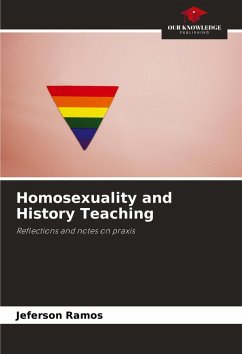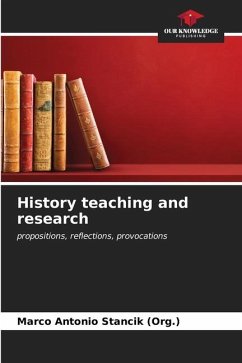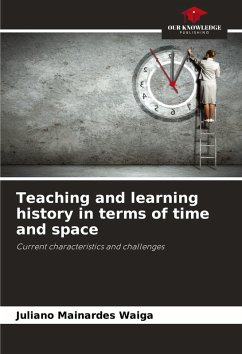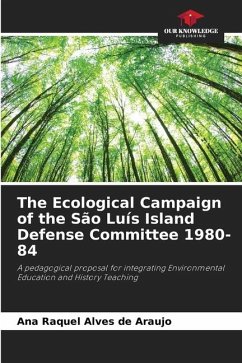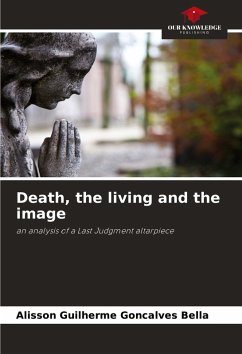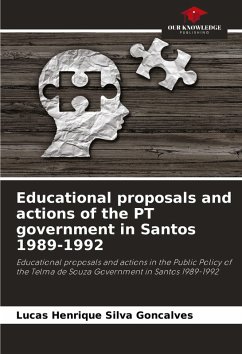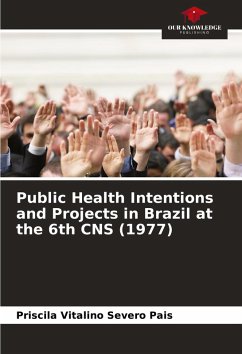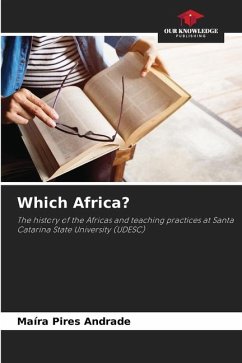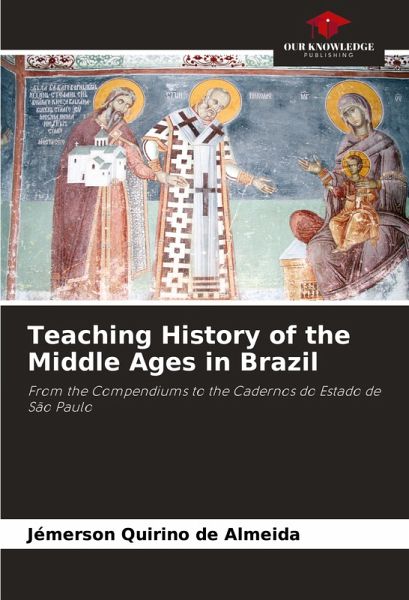
Teaching History of the Middle Ages in Brazil
From the Compendiums to the Cadernos do Estado de São Paulo
Versandkostenfrei!
Versandfertig in 6-10 Tagen
27,99 €
inkl. MwSt.

PAYBACK Punkte
14 °P sammeln!
This study analyses the relationship between the teaching of History of the Middle Ages and Brazilian textbooks. Specifically, it looks at how the process of fragmenting content and simplifying textbooks for school use came about, leading to the creation and use of the current textbooks used in the state of São Paulo. Given the scope of the subject, we have chosen not to work exhaustively on the contents of the books examined, but rather on a specific theme that recurs in contemporary materials and is also widespread in history texts dealing with the Middle Ages: Feudalism. Our aim is to see ...
This study analyses the relationship between the teaching of History of the Middle Ages and Brazilian textbooks. Specifically, it looks at how the process of fragmenting content and simplifying textbooks for school use came about, leading to the creation and use of the current textbooks used in the state of São Paulo. Given the scope of the subject, we have chosen not to work exhaustively on the contents of the books examined, but rather on a specific theme that recurs in contemporary materials and is also widespread in history texts dealing with the Middle Ages: Feudalism. Our aim is to see how the process of changing the materials used in education came about, culminating in the abandonment of classical works and compendiums and the incorporation and use of Comenian textbooks. From this perspective, we analyse the type of teaching tool that was used at certain moments in the history of education in our country, as well as its role in the educational relationship. The theory that guides the analysis is the Science of History, as conceived by Marx.





